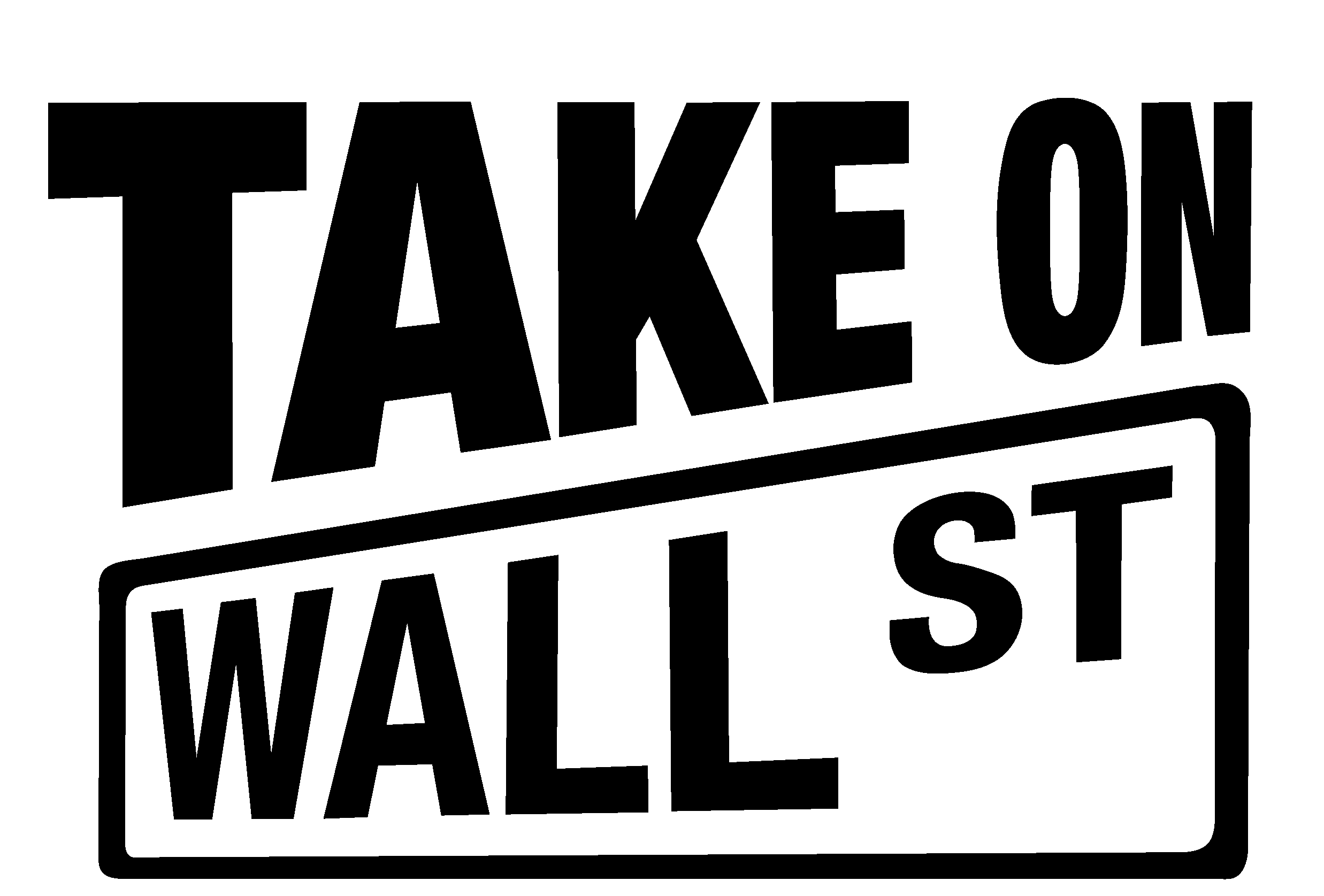This post was guest authored by Joseph Miller.

In the throes of the 2008 financial crisis, the Denver Public School system was staring down a $400 million deficit in its pension fund. Enter financial giant JP Morgan Chase, promising “tens of millions” in savings through a complex debt swap scheme that would push riskier, adjustable rate investments onto Denver Public Schools. Future Senator and then Denver Public Schools Superintendent Michael Bennett meticulously lobbied school board members on the benefits of the deal, which passed by unanimous vote just weeks after the infamous collapse of Bear Stearns.
Not surprisingly, the plan went south and the savings never came. In fact, DPS was forced to pay hundreds of millions of dollars, around two-thirds of its teaching budget, to Wall Street in order to unwind the busted scheme.
What happened in Denver is not an isolated incident, and the same story can be told in municipalities across the country, from Chicago, to Stockton, to Jefferson County, Alabama. Wall Street is raiding the public domain, hoping to make their next fortune off trusted public institutions.
It is useful to think of the fight for adequate school funding during the Coronavirus pandemic in this context. Public schools across the country are barreling towards financial “disaster” in the coming years, projecting 25% cuts to already hollow budgets and given federal inaction, privatization advocates sense an opportunity. Already, those with the resources are exploring alternative modes of private education, a movement that will surely deepen existing racial and economic inequities.
Secretary of Education Betsy DeVos, a reliable ally for Wall Street, explicitly stated as much when asked on Sirius XM Radio if she is trying to “utilize this particular crisis to ensure that justice is finally done to our kids and the parents who choose to send them to faith-based schools.” DeVos replied, “Yes, absolutely.” This, on top of sending millions in COVID relief funds to private and religious schools, is the school privatization movement seizing the moment.
Investment in for-profit education increased by 2,000% between 2005-2011, and the push for privatization coming from Wall Street investors and their philanthropic entities is two-prong. First, charter schools represent a new frontier for investment and an opportunity to profit (while receiving a tax credit) for doing so. These investments are described by Jeff Faux of the Economic Policy Institute as, “the ideal combination of public subsidies without democratic accountability.”
Second, and more importantly, the push to privatize the public space is part of a larger ideological project to erode faith in the public sphere. Like the Post Office, schools are a tangible example of the power that government has to improve lives and build communities. America’s public school system is popular and universal, a good that can be equally enjoyed by all. Wall Street’s push for privatization is an attempt to destroy these types of institutions. If your own children don’t attend public schools, or attend public-in-name-only schools, appeals to fellow feeling and concerns about other peoples’ children fall increasingly on deaf ears. And support for more draconian charter school models that police Black and brown bodies from a young age also start to seem more reasonable with distance. None of these trends lead somewhere good.
So today, we are standing with allies at the American Federation of Teachers as they demand adequate funding for a safe re-opening. This fight is about much more than just money, it is about standing up and prioritizing and supporting public institutions before private profit. No less than racial justice and the strength of our democracy are at stake.
You can take action here.

Leave a Reply